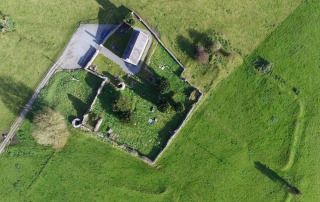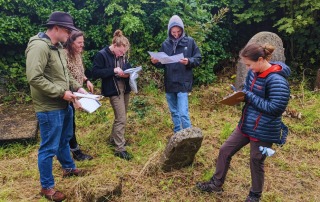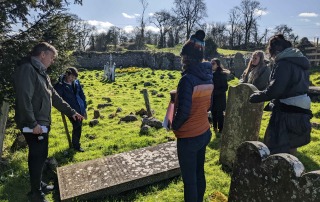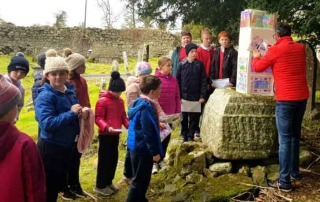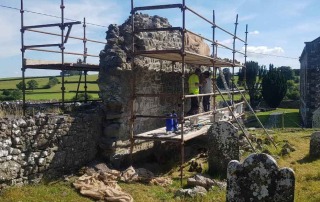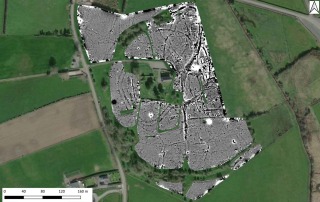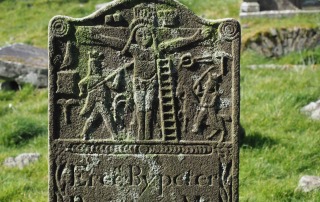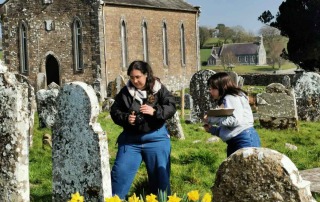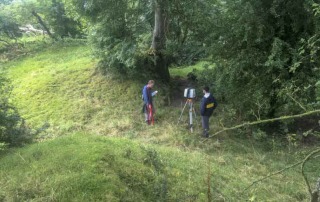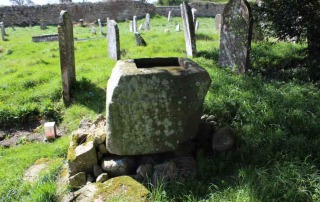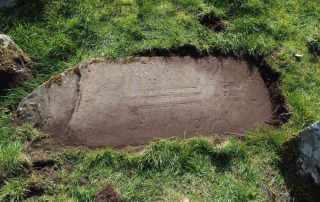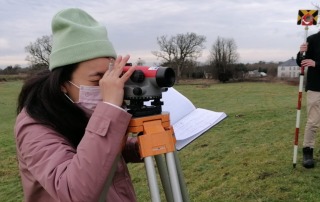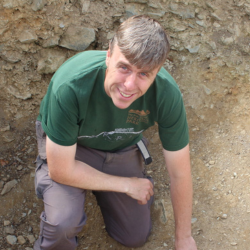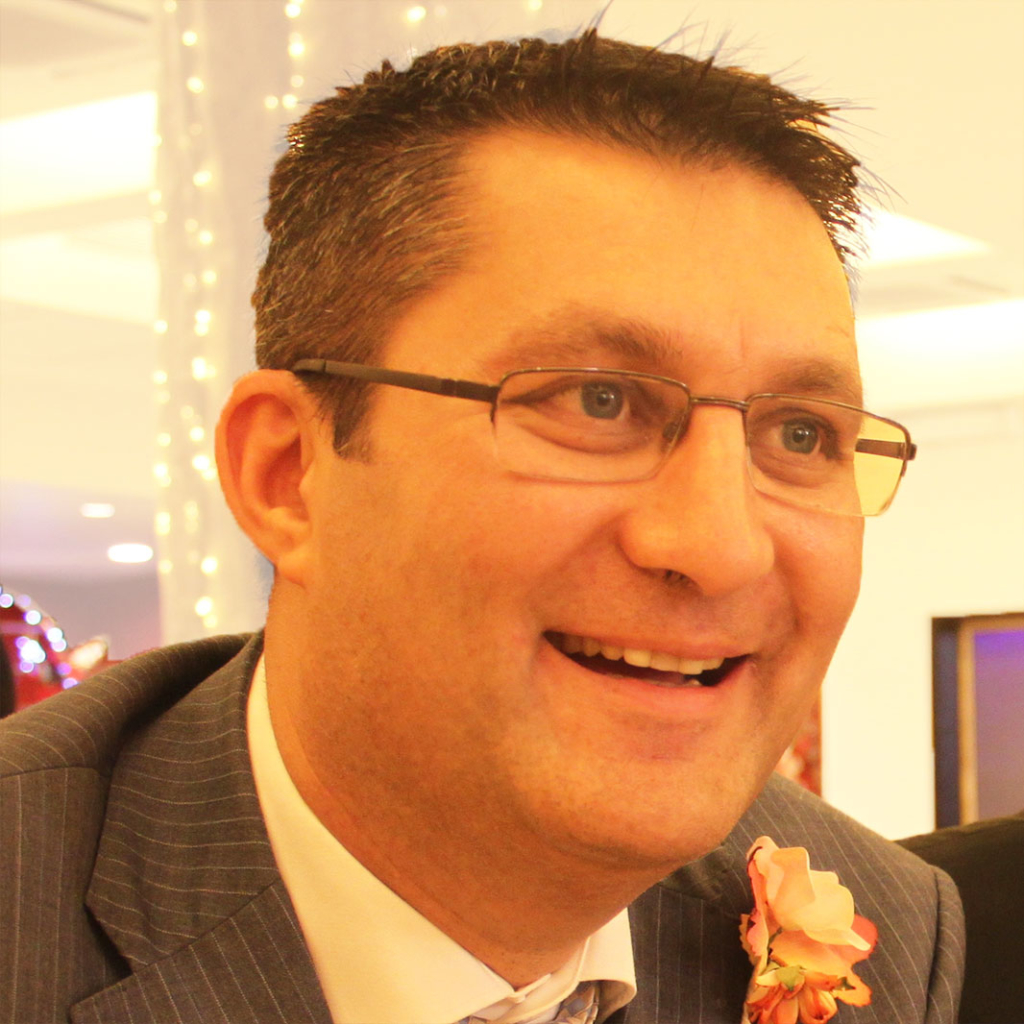Overview
Join this ongoing research project and be part of archaeology in action to conserve Irish national heritage! This teaching-based field school is an integral part of the major research project the Monastic Midlands Project and its continued efforts to understand and preserve the cultural heritage and monuments of this beautiful region of Ireland. This program takes a holistic landscape scale approach to community based archaeological research in order to assess monasteries built between the 5th and 7th century. You’ll be exposed to an array of archaeological skills and techniques as you explore how people lived, shaped their environment, built structures, and memorialized the dead at these spectacular sites. Each summer focuses on a particular anchor site or sites, so see the syllabus for more details about the current project.
Field school highlights:
- Get hands-on experience in many techniques applicable to future careers such as surveying, excavating, archaeological recording, and community engagement.
- Engage with the local community to understand how archaeology can serve their needs and be presented in engaging ways.
- Make personal connections by living with an Irish family in their home.
| Course Details | |
|---|---|
| Course Dates | 2 sessions in 2025 S1: June 22-July 19 S2: July 20-August 16 |
| Course Type | Archaeology, Landscape Archaeology |
| Instructors | Dr. Denis Shine |
| Credits* | 6 semester (9 quarter) |
| Apply By | April 1 |
| Fees Due By | April 15 |
| Program Fees | (2025) |
|---|---|
| Tuition | $4,475 |
| Transcript Fee* | $300 |
| Health & Evacuation Insurance | $130 |
| Room & Board | $1,560 |
| TOTAL: | $6,465 |
*Session 2 of this program may accept students past the deadline. Email admissions@ifrglobal.org for more information.
Instructors
The directors welcome emails and inquiries about the research elements of this project. More general information (tuition, health insurance, and payment schedule) can be found under the ‘Students’ tab above. Any further questions may be addressed to IFR staff. Additional details about research, course schedule, travel, accommodation, and safety can be found on the syllabus. Contacting the directors or the IFR office is encouraged and appreciated. It may help you determine if this field school is a good fit for you.
Testimonials
This is a new IFR field school. Check back after our summer field season to learn what our students have to say about it!
Payment & Student Fees
Application Fee: There is a $45 fee to submit an online application.
Deposit Payment: A nonrefundable $500 deposit is due within 3 weeks of program acceptance in order to secure your place. The remainder of your program fees are due by the deadline indicated under “Course Details”.
*Transcript Fee & Academic Credit Opt Out: If you wish to participate in an IFR field school without earning academic credits, you will not be charged a transcript fee.
For more information about payment, fees, and policies, please see details under our Payment & Finances and Withdrawal and Cancellation Policy pages.
Accommodations
Students will stay with local families in County Offaly. Home Stay students live with local families, and experience true home life in provincial Ireland. Typically students will either walk to or be brought to John’s Hall daily, before availing of pre-arranged transport to site as appropriate. Students should understand that some host families may be in rural settings, requiring taxis to reach the town of Birr. While staying with homestay families, all students have access to safe, sanitary accommodation as well as laundry, showering facilities, etc.
Breakfast and dinner will be provided along with a packed lunch. Our homestay network caters for all main dietary requirements (vegetarian, vegan, gluten free, etc.); they provide a well-balanced diet of Irish cuisine, but students should anticipate trying new cuisine and not having all the items they might expect at home.
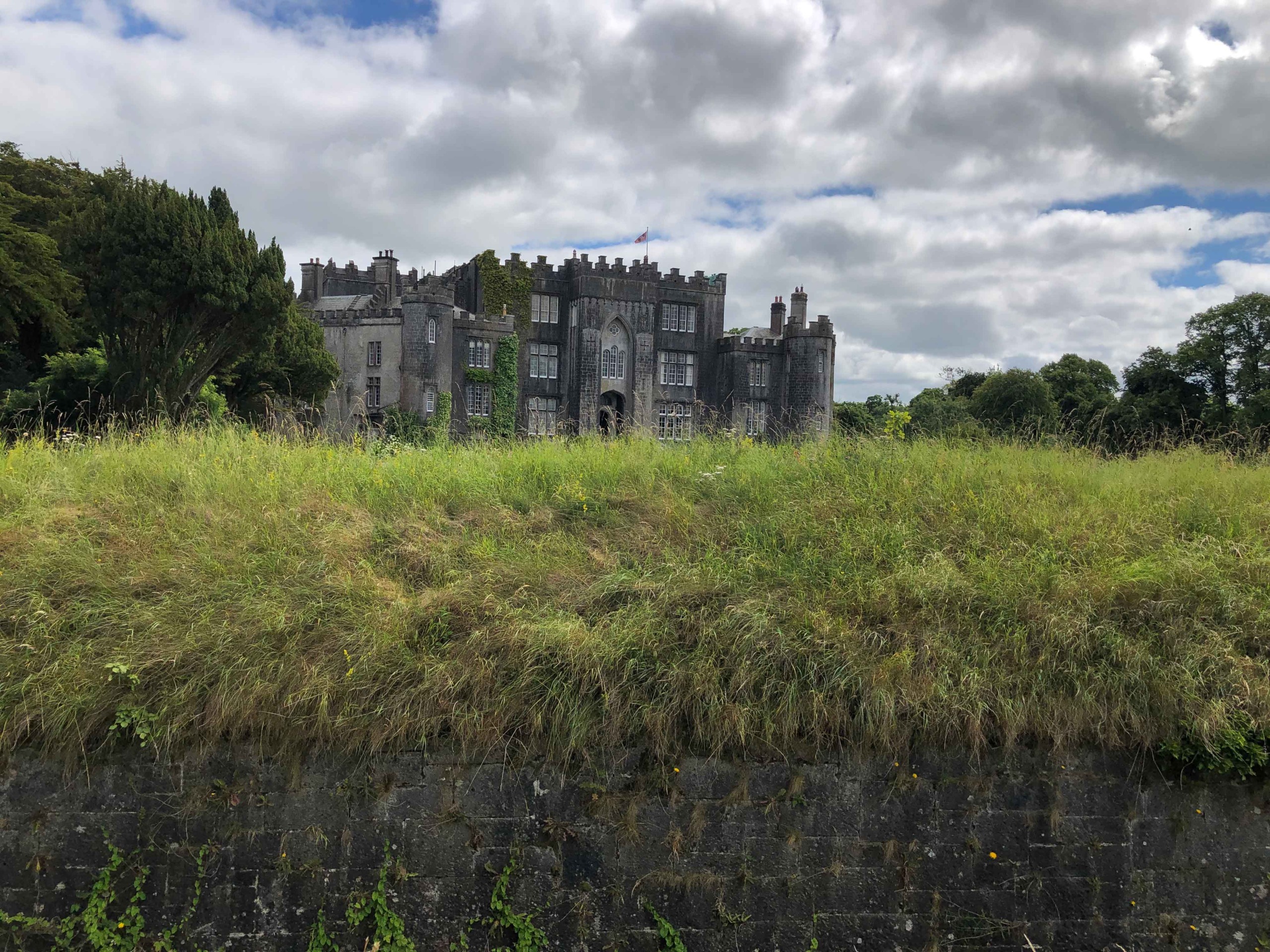
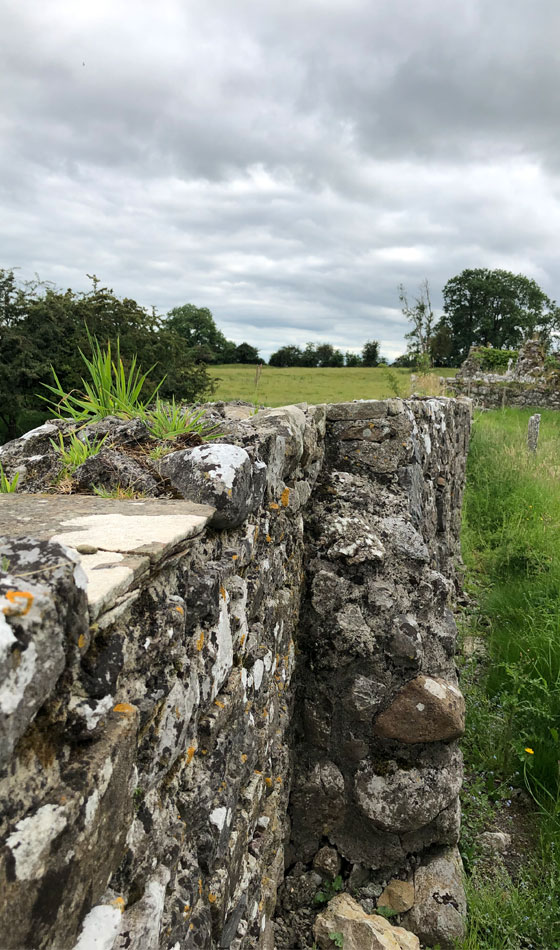
Travel Info
Natural disasters, political changes, weather conditions and various other factors may force the cancellation or alteration of a field school. IFR recommends students only purchase airline tickets that are fully refundable and consider travel insurance in case a program or travel plans must change for any reason.
General information for this program is below, but keep in mind we will discuss any updated travel information and regulations during the required program orientation, which could affect travel plans.
Students will be met in Birr, Co. Offaly. Since students will arrive on different flights at different times of the day, we will meet all students on their first day of arrival (June 22nd for Session 1 One and July 20th for Session 2) at Johns Hall, our head office (eircode/zipcode R42Y927) at 8.30pm. Directions and travel information will be issued to all students once they are enrolled in the field school.
If you fail to make the meeting, please call/text or email Dr Denis Shine. You will be sent relevant contact details once you are enrolled in the course.
VISA REQUIREMENTS
Citizens of the US and Canada do not require visas to enter Ireland. You will need your passport to be valid for at least 90 days and will enter on a tourist visa. Citizens of other countries are asked to check the embassy website page at their home country for specific visa requirements
No other vaccinations are required for entry to Ireland but anyone working in archaeology in Ireland needs to have an up-to-date tetanus shot.


